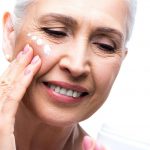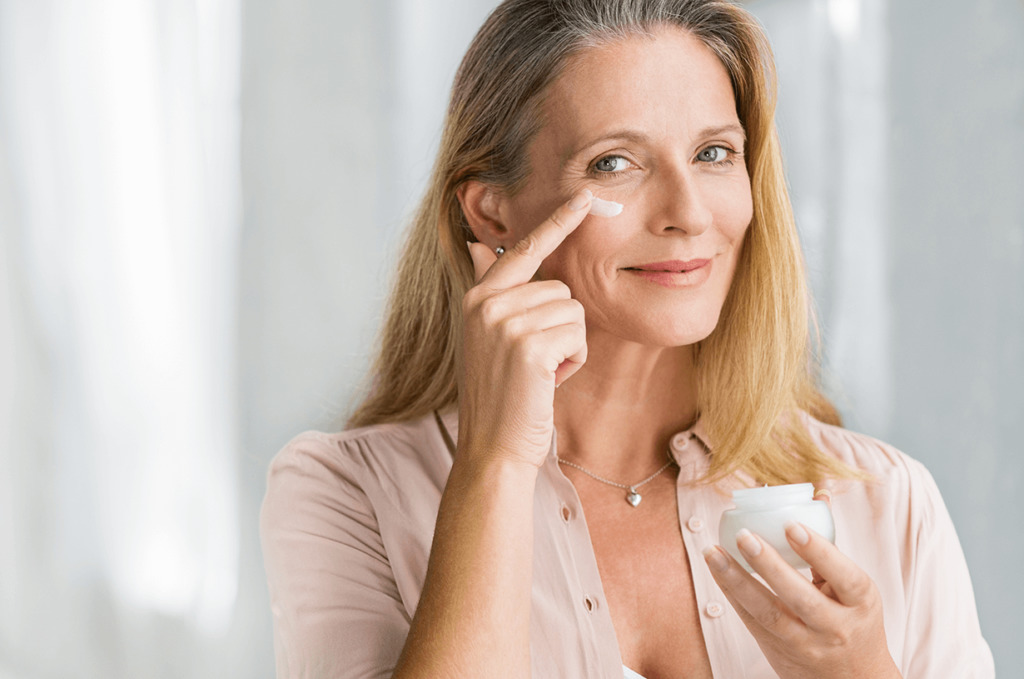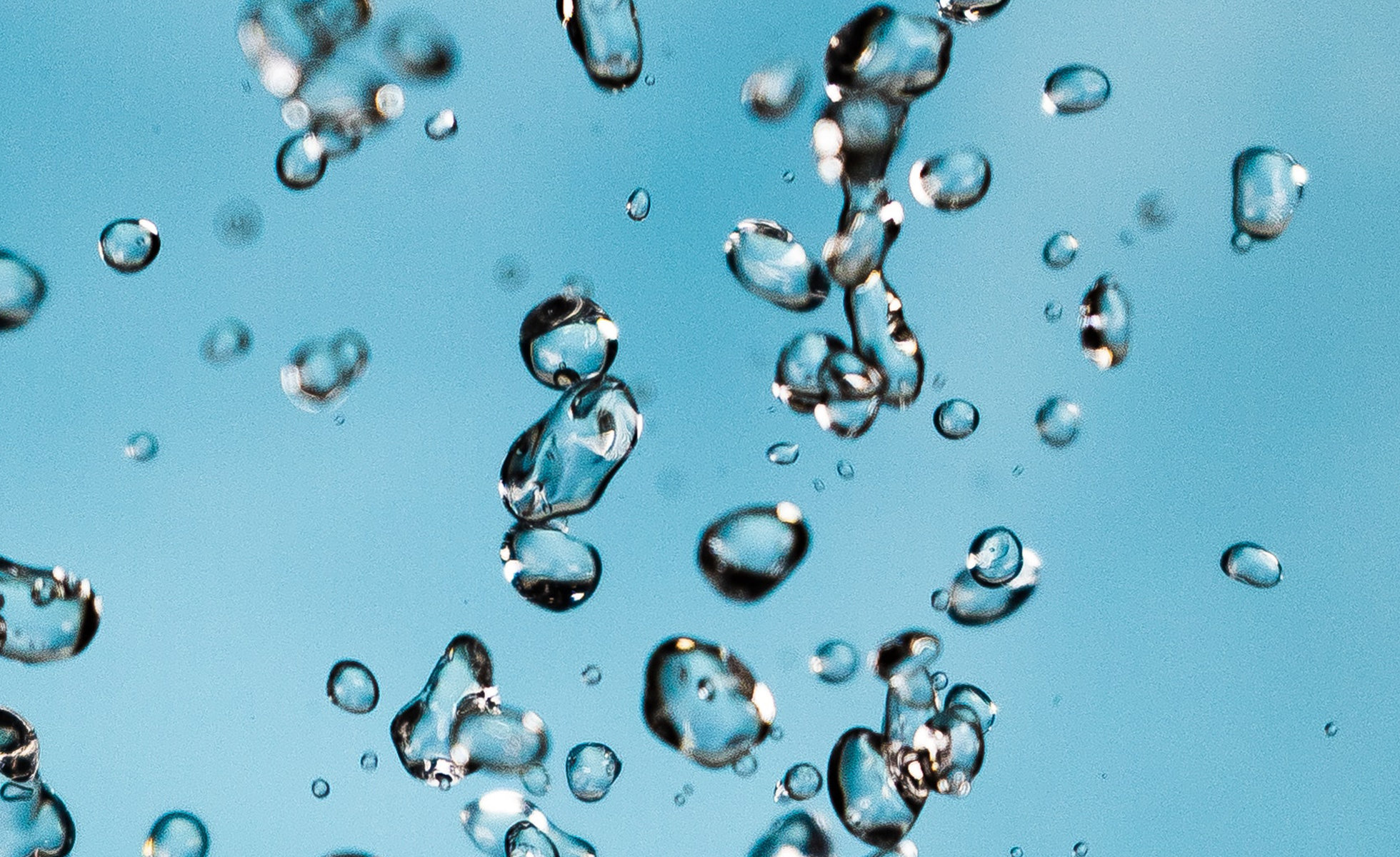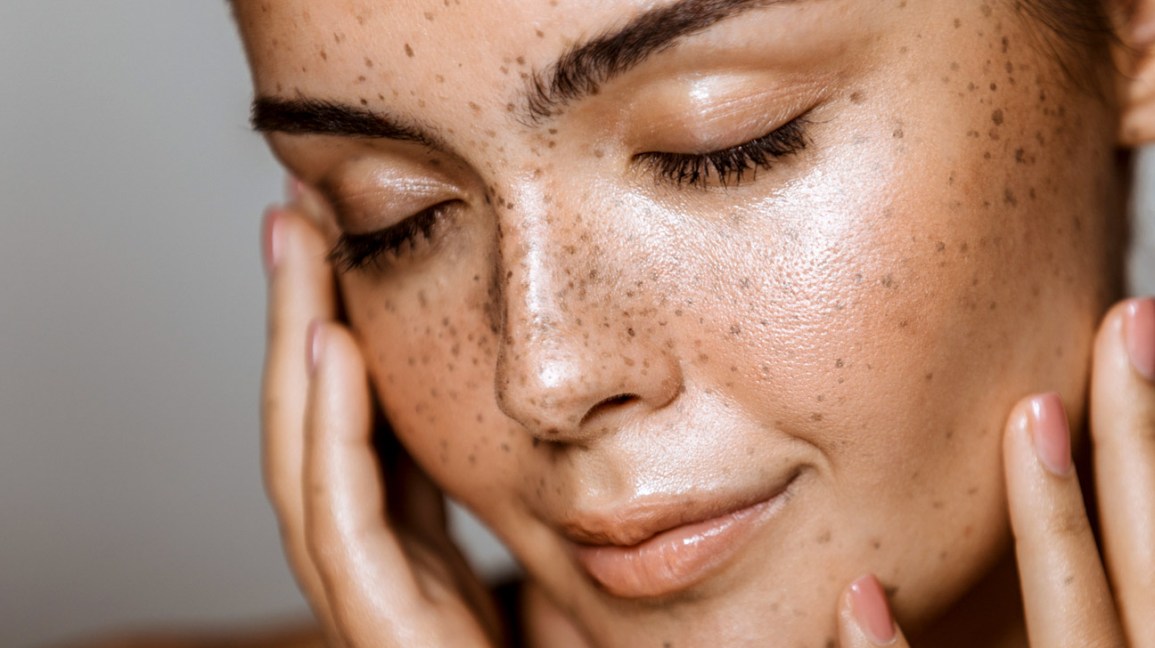
Your skin needs attention and proper care. However, instead of just rubbing cosmetics in it, you can just… eat them! Diet matters and you should know what to eat so that your skin can be flawless, acne-free, hyperpigmentation-free, free from all the imperfections.
You are what you eat. This overused statement holds truth you need to absorb if you want your skin to be healthy and beautiful. Why? Because proper diet has an immense impact on how we look. We can go ahead and say that your food habits are more important than the beauty routine because what happens on the inside is the base for your health.
Diet’s impact on the appearance
What we eat impacts how we feel. If our body is in good condition, it looks better – hair and nails are stronger, the skin is moisturized, radiant, and smooth.
It is worth keeping in mind that good food habits are the base for taking care of the skin. If you fail to deliver the right nutrients and hydration from the inside, it will be hard to regenerate skin with cosmetics – beauty routine is an addition, external support, not the replacement for a healthy lifestyle and balanced diet. A weakened organism will send you signals through the skin no matter how many face masks or creams you apply.
The ingredients skin needs
The skincare that starts on the inside is effective but it also requires you to deliver the nutrients. What kind of?
- Vitamin A – (or, retinol) has strong rejuvenating properties, stimulates cellular regeneration, regulates sebum secretion, and supports epidermis exfoliation so it gets rid of hyperpigmentations.
- Vitamin C – (or, ascorbic acid)stimulates collagen synthesis, protects against sun rays, strengthens blood vessels, brightens hyperpigmentations, and makes skin gain radiant glow.
- Vitamin E – (or, tocopherol) is a youth vitamin sue to its antioxidative action and effective action against free radicals so skin preserves its suppleness, glow, and young appearance for longer.
- Zinc and silicon – two minerals necessary for the skin due to their ability to improve suppleness, strengthen blood vessels, prevent loose skin and wrinkles.
- Vitamins in B group – (among many, pantothenic acid, biotin, folic acid) are extremely important for the skin because they lessen inflammations, support regeneration, exfoliate the epidermis, nourish, and strengthen.
- EFA – (Essential Fatty Acids) strengthen the natural hydrolipid barrier of the skin, thanks to which skin retains the correct water level for longer and is properly protected.
What to eat to have flawless skin?
Obviously, you can provide your organism with all the above ingredients in the form of dietary supplements, but that should be the last resort. It is better to look for them in foods and introduce those into your daily menu. It is the easiest method for the diet to support skin regeneration. And so: what to eat to have flawless skin?
- Fish – is a source of essential fatty acids, which can be found in greater amounts in species such as salmon, mackerel, sardine.
- Nuts and seeds – they also contain fatty acids as well as vitamins and minerals so you should consider getting sunflower seeds, pumpkin seeds, almonds, hazelnuts, and walnuts.
- Vegetable oils – you should also add the oils to your diet, especially those cold-pressed and unrefined, e.g. grapeseed oil or olive oil.
- Sprouts – the undeniable nourishing properties of sprouts knows everyone because these are a source of vitamins B, C, D, E, A and K and minerals such as magnesium, calcium, phosphorus, zinc, iodine, iron, etc.
- Wheat products – you should never forget about products with wheat such as full-grain bread and groats which are a source of fatty acids and vitamins in B group.
- Citrus fruits – if you want to provide your skin with vitamin C, you need to pay attention to citrus fruits and currant.
- Vegetables – the base for every healthy diet are of course vegetables, e.g. carrot, tomato, paprika, spinach, broccoli (source of betacarotene which are converted into retinol).
- Legumes – beans, chickpea, pea, a broad bean that contain lots of precious vitamins B.
- Green tea – lastly, you should consider changing your habits in regard to drinks and try drinking a lot of green tea as it is rich in antioxidants.





